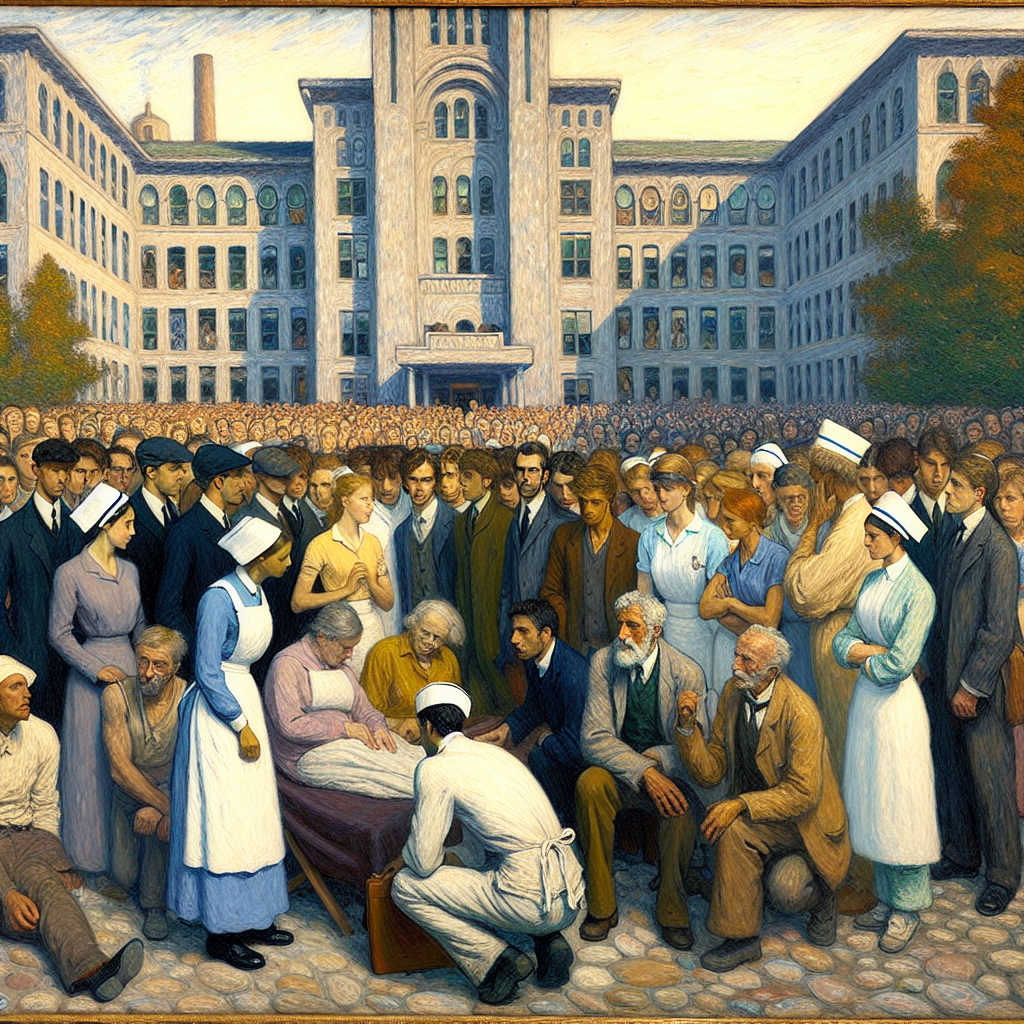New York, NY—In the convoluted world of nursing home operations, where demands are incessant and resources often scarce, the tug-of-war between agency staffing and loyal, full-time employees presents a conundrum with far-reaching consequences. Dedicated nursing home staff, the backbone of these critical care facilities, find themselves at a disadvantage, leading to a ripple effect that not only affects their welfare but also the quality of care residents receive.
At the heart of the issue is the reliance on agency or temporary staff to fill gaps in personnel. While this approach offers flexibility and immediate solutions to staffing shortages, it inadvertently undervalues the dedicated employees who commit their days and nights to the welfare of their charges. These full-time staff members often endure longer hours, increased workloads, and the emotional toll of forming attachments to residents they care for day in, day out.
A recent survey highlighted the disparity, revealing that “60% of full-time nursing home staff feel their work is less valued compared to temporary agency workers.” This sentiment not only underscores the morale problem but also illuminates the potential for decreased quality of care. When staff feel undervalued, their job performance may suffer, which can directly impact resident satisfaction and safety.
The economics of loyalty versus agency staffing further complicates matters. Agency staff often command higher hourly rates than their full-time counterparts, a fact that does not go unnoticed among the nursing home’s permanent workforce. This pay gap can lead to resentment, reduced motivation, and in some cases, increased turnover as employees seek more equitable opportunities elsewhere.
The consequences of this staffing dynamic extend beyond employee dissatisfaction. Nursing homes that lean heavily on agency staff can find themselves facing a continuity of care crisis. Temporary workers, no matter how skilled, are not privy to the nuanced needs of long-term residents or the specific operational procedures of a facility. This can lead to errors, overlooked details, and a general decrease in the quality of care.
Furthermore, the revolving door of caregivers disrupts the formation of meaningful relationships between staff and residents. Such relationships are paramount in providing compassionate, empathetic care—qualities that cannot be measured but are deeply felt by those on the receiving end.
Industry experts argue that the solution lies in a strategic reevaluation of staffing policies, prioritizing the retention of dedicated employees through competitive salaries, benefits, and recognition programs. Investment in the permanent workforce is an investment in the quality of care, they contend, and is essential for the long-term success and reputation of nursing homes.
The dilemma of agency versus loyalty in nursing homes is a multifaceted issue that requires careful consideration and action. As the population ages and the demand for long-term care increases, resolving this staff crisis will not only benefit the dedicated employees but ultimately ensure that residents receive the compassionate, consistent care they deserve.


